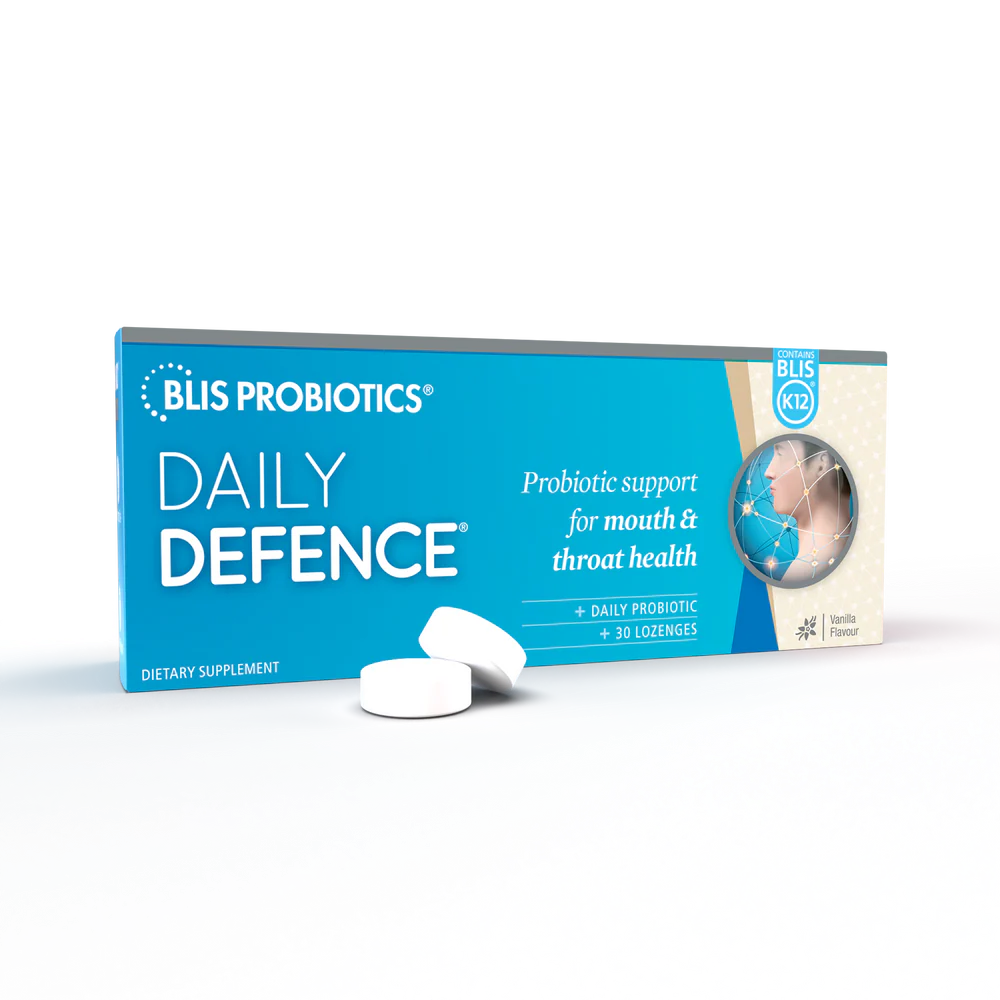According to the company, probiotics in dental healthcare has come into the spotlight due to research showing the benefits of balancing and strengthening the oral microbiota.
This growing area of research builds on the idea that plaque management is more effective through the use of good bacteria to stabilise the natural and beneficial microbiota as part of preventative care.
A pioneer in oral probiotics, BLIS Technologies believes that while there is an increasing demand for probiotics, their effects on oral health are still not well known in the Chinese market.
“Our brand distributors, and private label and ingredient customers are working really hard to educate consumers about the benefits of oral probiotics. At the moment, the US is the biggest market for probiotics but in the next two years, China is set to take over the market share, including for oral probiotics,” Henry Sung, Global Key Account Manager at BLIS Technologies, told NutraIngredients-Asia at the recent Hi & Fi Asia-China 2025 trade show in Shanghai.
“So, we see a big opportunity in China to introduce our patented ingredients. We already have private label customers here and are selling some of our own branded products in the market. Now, we are actually focusing on promoting and selling our ingredients.
The firm’s portfolio comprises two main patented Streptococcus salivarius strains, namely BLIS K12 (Streptococcus salivarius K12) and BLIS M18 (Streptococcus salivarius M18), which are backed by over 20 years of clinical studies and published in more than 20 papers.
“BLIS K12 is targeted at mouth and throat health, including halitosis, while BLIS M18 is great for supporting teeth and gum health. Not many companies specialize in oral health probiotics because they are mainly focusing on probiotics for gut and immunity health,” said Sung.
Acting on oral microbiome
Native to the oral microbiome, BLIS M18 has been proven to inhibit a number of pathogens linked to teeth and gum issues. For instance, studies have shown that the strain is effective at slowing down plaque buildup, reducing sulcular bleeding, and reducing inflammatory response.
On the other hand, BLIS K12 has been found to be beneficial against halitosis, with a 2016 study showing participants who used the probiotic alongside normal brushing and flossing had a greater improvement in their condition than those who did not.
“Halitosis and bad breath are terms that are often used interchangeably, but there is a difference between them,” said Sung. “Halitosis is a more chronic and severe form of bad breath, and is estimated to affect approximately half of the adult population to some extent, which can lead to a sense of embarrassment and have a negative impact on their social interactions.”
Bad breath is known to be caused by various factors, including diet, general health, lifestyle habits, and hormonal status.
Specifically, halitosis can be attributed to two main microbial factors — imbalance in the oral microbiome, and the presence of specific bacterial species that produce malodorous compounds, such as volatile sulfur compounds (VSCs), valeric acid, butyric acid, and putrescine.
Research has indicated that individuals without halitosis tend to have a higher abundance of the Streptococcus genus, while a significant presence of Prevotella and Fusobacterium genus activity was linked to people with halitosis.
Halitosis is conventionally treated using mouthwashes, toothbrushing, and tongue scraping to reduce the bacterial load. However, mouthwash, when used on its own, kills all bacteria including beneficial ones. As a result, bad bacteria are likely to colonize again and the cycle repeats.
Furthermore, masking agents, such as gums and mints, only provide temporary relief from the symptoms.
“BLIS K12 has the ability to produce several antimicrobial molecules capable of inhibiting bacteria associated with halitosis. Many VSC-producing bacteria, including Prevotella intermedia and Porphyromonas gingivalis, are black-pigmented.
“Testing of BLIS K12 on an agar plate found that it can inhibit the black-pigmented bacteria from saliva, suggesting a similar inhibition may occur in the oral cavity. In addition, other mechanisms that curb halitosis-causing bacteria, including colonization, competitive exclusion and stimulating immune defenses, also help BLIS K12 maintain a balanced oral microbiome.”
The probiotic strains are recommended by BLIS to be applied in lozenge or powder format.
“Our strains need to be colonized within the oral cavity, with the primary effect on improving teeth, gum and throat health. That’s why our formats are about keeping the product and letting it get absorbed in the mouth. As some of our products are for young children, the powder format prevents choking hazard.
“Our dental health products typically come in flavors like vanilla and strawberry, but we are open to partners who want to do it differently,” Sung said.





